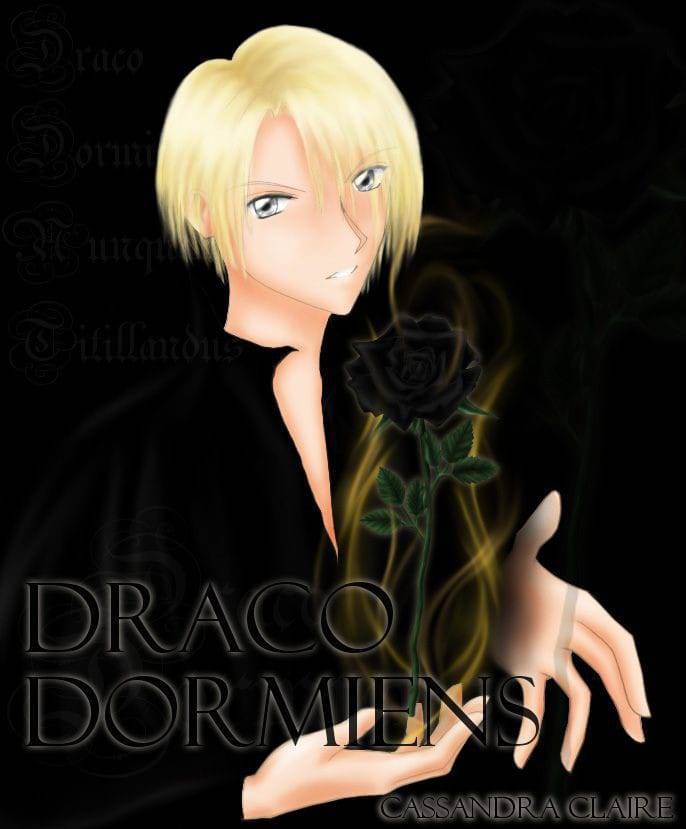Let’s imagine a place where your favorite ships or characters can just live a different life out of the world of the book or movie they were in. A place where you, as a reader, can explore endless “what if” scenarios and see beloved characters in entirely new situations. Welcome to the world of fanfiction, a vibrant and dynamic space where fans become creators, spinning new tales from familiar already famous works.
In this age, the landscape of literature has been dramatically transformed. One of the most fascinating parts of this transformation is the rise of fanfiction. Once pushed to the corners of the internet, fanfiction has become a breeding ground for exceptional talent, with some of its authors getting to the heights of bestselling fame.
Fanfiction are stories written by fans of existing works that use the characters, settings, and plotlines of the original, which has been around for decades. However, the internet has provided a ground for its growth. Websites like FanFiction.net, Archive of Our Own (AO3), and Wattpad have hosted millions of stories, allowing writers to share their work with a global audience instantly.
Think about why you might write fanfiction. For some, it’s a way to pay homage to their favorite stories and characters, exploring what might happen beyond the official narrative. For others, it’s an entry point into writing, offering a community that provides feedback and encouragement. This content creation has empowered countless writers to showcase their craft.
The transition from fanfiction writer to bestselling author is a path that few have successfully navigated, but those who have often bring with them devoted fan bases and a unique narrative style.
E.L. James began her writing career with “Master of the Universe,” a fanfiction based on Stephenie Meyer’s “Twilight” series. This story grew into “Fifty Shades of Grey,” a bestselling trilogy that has sold over 150 million copies worldwide and been adapted into a successful film series. James’s work opened the door for fanfiction to be seen as a legitimate starting stone to mainstream publishing.
Cassandra Clare, originally known for her “The Draco Trilogy,” a popular “Harry Potter” fanfiction, transitioned into original works with her “The Mortal Instruments” series. These books have been hugely successful, leading to a movie adaptation and a television series. Clare’s success demonstrated that fanfiction writers could create prolific original universes that captivate a broad audience.
Anna Todd gained fame with her “After” series, which started as fanfiction about One Direction’s Harry Styles. Published on Wattpad, it amazed millions of reads before being picked up by a traditional publisher. The “After” series has since been translated into multiple languages and adapted into a film series, showcasing the potential for fanfiction to cross over into mainstream media.
Multiple factors contribute to the successful transition from fanfiction to bestseller. First, fanfiction writers often come with a built-in audience. These readers are already invested in the writer’s style and storytelling ability, providing a solid foundation for commercial success.
Imagine you’re writing a story. You post a chapter online, and readers instantly engage, leaving comments and feedback. This process helps you refine your skills. You learn what hooks readers, how to develop complex characters, and how to maintain suspense—all essential skills for bestselling authors.
Moreover, the themes explored in fanfiction—romance, fantasy, science fiction—are genres with big markets in mainstream publishing. Publishers recognize the potential for profit in these stories, particularly when they come with a proven track record of reader engagement.
Turning fanfiction into books comes with its advantages and challenges. On the plus side, fanfiction writers often benefit from an existing, passionate fan base that is eager to see their favorite stories in print. This built-in audience can translate into strong initial sales and word-of-mouth promotion. Furthermore, fanfiction communities provide a supportive environment where writers can receive immediate feedback.
On the downside, the transition from fanfiction to original work can bring criticisms of originality and creativity. Because fanfiction inherently involves borrowing from existing works, some readers and critics may view these adaptations as less original or even derivative,diminishing the value of innovation in literature. Additionally, fanfiction writers may face legal and intellectual property challenges, especially if their stories are too closely tied to the original material. This can complicate the publishing process and require significant changes to the work before it can be commercially released.
Additionally, the publishing industry itself can be skeptical. Traditional publishers have established criteria for what they consider marketable, and fanfiction can sometimes fall outside these parameters. However, the success stories of James, Clare, and Todd have gradually shifted perceptions, proving that fanfiction writers can produce commercially sellable work.
The influence of fanfiction on the publishing industry is great. It has challenged traditional notions of authorship and creativity, showing that exceptional stories can begin from the grassroots level. Fanfiction communities roots a participatory culture, where readers and writers interact closely, leading to a more dynamic and engaged readership.
Moreover, the rise of self-publishing platforms has further blurred the lines between amateur and professional writing. Authors who might have been overlooked by traditional publishers now have avenues to publish their work independently, oftenly with great success. This shift has democratized the literary world, allowing diverse voices to be heard.
Publishers have also started to take note of the potential in online writing communities. Wattpad, for example, has partnered with traditional publishing houses to bring popular stories from its platform to print. These partnerships highlight the evolving relationship between digital and traditional publishing, where both can benefit from the strengths of the other.
As fanfiction continues to evolve, its impact on the literary world is likely to grow. The success stories of former fanfiction writers have inspired a new generation of authors to pursue their dreams, regardless of their starting point. This trend signifies a broader shift towards recognizing the value of diverse storytelling voices.
For aspiring writers, fanfiction offers a unique opportunity to develop their craft, engage with a supportive community, and build an audience. Imagine starting with a simple idea, shared with a few readers, and watching it grow into a phenomenon with thousands of fans.
As the lines between fan and author continue to blur, the world of literature becomes richer and more inclusive, opening doors to stories that might otherwise remain untold.
So, if you’re a fanfiction writer dreaming of seeing your name on a bestseller list, take heart. Your journey, from the passionate scribbles shared with fellow fans to the polished novel in a bookstore, is more possible today than ever. The world is waiting to hear your story.




